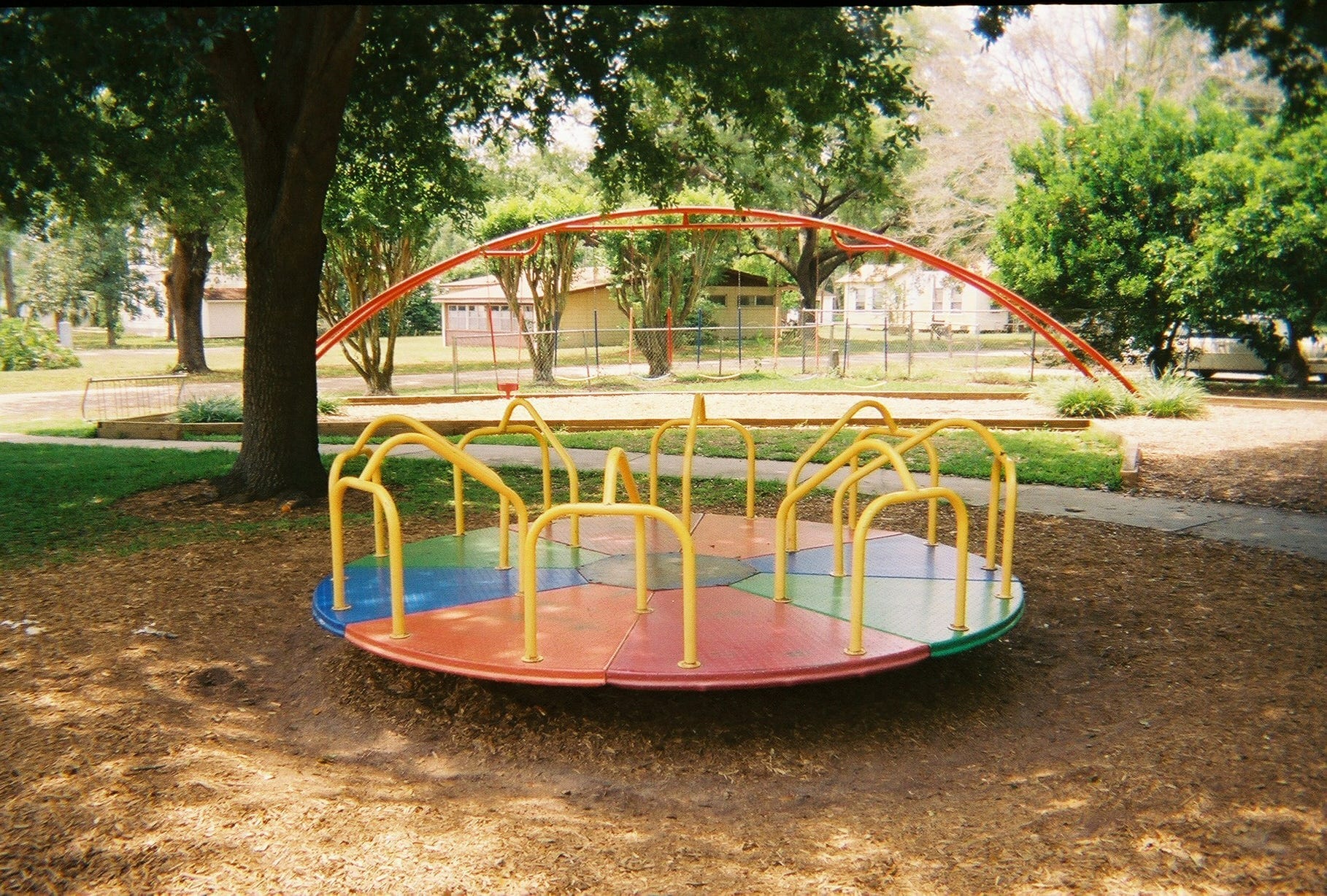
It can be easier to correlate the importance of play in humans by examining its usage in non-human animals and vice versa. In the end, very little separates us biologically (only about 1% of our genome for our closest relatives) from other such creatures. Thus, many of the benefits of human play are similar to those we’ve already discussed so far in non-humans. For example, while our play rarely prepares us for important feeding and survival behavior, like the anhinga two weeks ago, physical play can improve our general health and physical coordination.
One of the most widespread forms of play is sport. It incorporates multiple different aspects of play into a single whole: physical exertion, direct social interaction, competition, and cooperation. The social aspect of play is particularly important to us, as we are a highly social species. Our success and the spread of our individuals across the globe can be attributed to our intelligence, but also to our ability to work together toward a common goal. Humans do not do well in isolation. Our sociability is an integral part of our survival and we develop this skill like any other: through practice. Play can be seen as our socialization practice.
While not all forms of human play have a social element, a large number of them do. This is not a coincidence. While we use play to help us learn to socialize with other individuals, this can be considered as a byproduct of our attempts to enjoy ourselves. The reason why play is such an effective tool is because it doesn’t feel like work. Developing social skills through play is fun, and so it comes naturally to us. While planned play can be quite effective, its versatility is in its potential spontaneous nature. Whenever multiple people interact in a social setting, there exists the possibility for play in some form to occur.
One of the most powerful forms of human play, at least in my personal opinion, is referred to as ‘imaginative play’. This involves creating scenarios inside ones own mind and imagination and then acting them out. These ideas can be as fanciful as the human mind allows for and can be invaluable in developing socialization for people who may feel more uncomfortable interacting with others in more formal ways. This type of play also helps develop creativity and problem-solving skills.
In the end, play is an important part of our development as individuals as well as social groups and it doesn’t end in childhood. Even once we have developed the different skills that play can facilitate, it is still necessary to practice them regularly. Like any skill, our proficiency can fade with time due to disuse. Physical play can help us remain healthy. Mental play keeps our minds sharp and social play gives us a sense of community and belonging, something essential for the continued survival and well-being of a highly social species like ourselves.
Our intelligence and technology have begun to remove many of us from the day to day struggle of finding food and shelter. Because of this, our social interactions have become even more important. Keep this in mind as Season 6 progresses and as you go about your daily routines. Play may seem silly or old-fashioned to you if you are now an adult, but it is an essential part of individual and group survival. To give a fictionalized example, the protagonist of the movie ‘Cast Away’ becomes stranded on a deserted island. He creates a companion out of a washed up volleyball, even making a face in a bloody hand print and giving it a name, to combat the mental hardships of isolation. He holds ‘conversations’ with it and is in sorrow when he accidentally loses it during his bid to escape. At its most basic, this is an example of imaginative play taken to extremes in order to survive unusually difficult conditions.
Every once in a while, I feel that it’s important to look inward with these stories as well as outward. What lessons can we learn from the world around us that apply to our own lives and situations? We’re not discussing these stories in a vacuum. Stories shape who we are; that’s why we tell them. As we continue through the rest of this season, I want you to continue to keep the wonder that such stories evoke, but I also want you to be able to compare your own personal experiences to the play behavior we see in nature. Begin to see play in a different light, as an integral part of what it means to be human.